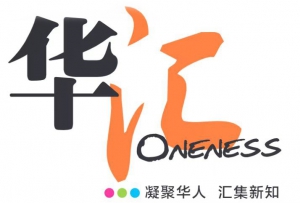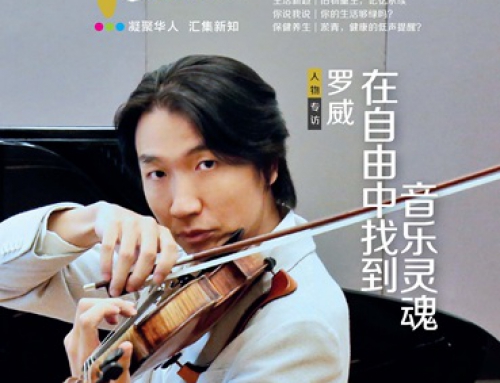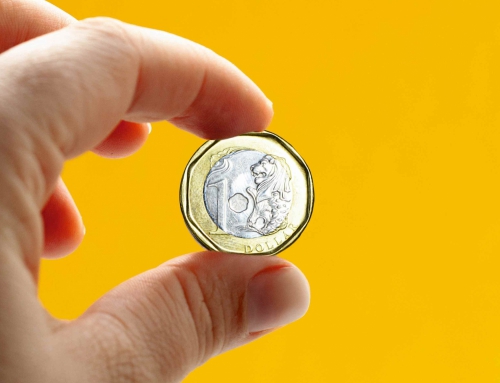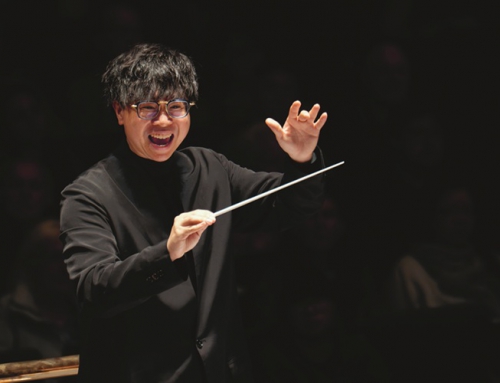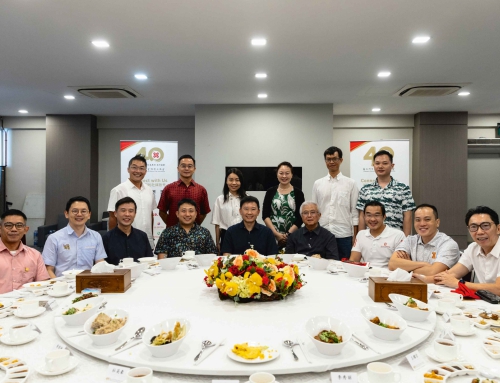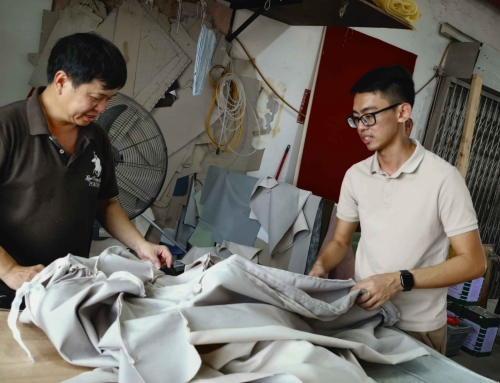潮州习俗的10个为什么?
你也许不知道的婚嫁、过节习俗
图| · iStock 资料来源|新加坡潮州总会出版的《潮州民俗》
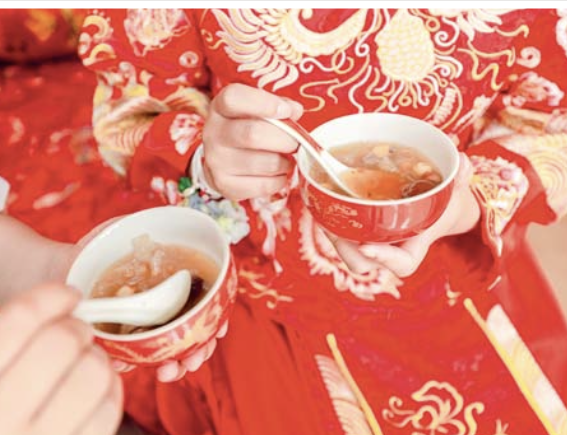 1 为什么过大礼要送猪肉?
1 为什么过大礼要送猪肉?
以前过大礼送猪肉代表“洗屎肉”,感恩娘家含辛茹苦把新娘养育成人,也希望夫家更懂得珍惜迎娶进门的新娘,并理解到自己父母的养育之恩。如今一般不送生猪肉,而是以猪脚罐头取代。
2 为什么潮州人天刚亮就接新娘?
以前这么做是因为忌讳遇到出殡队伍,但是如今在新加坡已不需要这么做,因为这里的出殡时间大多在下午,有些人还会找风水师傅测算当天最好的时辰。
3 为什么潮州人的嫁娶仪式要在早上9点以前结束?
早上9点到11点,是十二时辰中的巳时。过去,人们相信如果女儿巳时出嫁,会把娘家的福气和财气全带走。
4 为什么洞房要放龙眼干?
在洞房布置上,现在还会遵守的礼俗包括择吉日安床,还有在床头放一对灯,为新房增加喜气。如今已经没有撒乌豆,让男童上床抢捡,寓意早生贵子、合家兴旺的做法。顶多是在床上放一个盘,盘中放12颗龙眼干、12颗红枣、12颗莲子和一对大桔。前三样,新婚夫妇每天各吃下一颗,希望早生贵子。
5 为什么有些家婆喝媳妇茶时,会在媳妇头上轻轻一按?
以前的家婆为了显示自己在家里的地位才这么做,意思是“别爬到我的头上来”。今天的家婆开明得多,如果还有这一举动,也只是在给媳妇赐福。
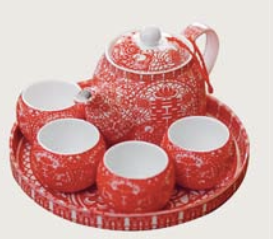
6 为什么正月初一要回娘家?
正月初一初二(初二较为普遍),出嫁的女儿要和丈夫及儿女回娘家给父母拜年,这是出嫁女儿孝敬父母的一种表现。至于除夕,出嫁女儿须在夫家吃团圆饭,而不是回娘家吃饭。
7 为什么拜年要用柑?
潮州柑比桔大,所以取名大桔,谐音“大吉”。传说很久以前,有一年将过春节之际,在潮州一个村里爆发口干症,有少女梦见仙人叫她吃柑。她醒后和母亲半信半疑吃了柑,果然病好,于是便把办法告诉了村里的人。于是潮州柑成了带来吉祥的象征。另一种说法是,因为地理关系,从前广东福建一带在春节前只产柑桔,所以就用它拜年。
新年也要注意禁忌,避免说不吉利的话。打破碗盘,要说吉利话如“大发”。这一天,米缸不能空着。忌扫地、倒垃圾,唯恐扫掉财气。
8 为什么初七要吃七样羹?
潮汕俗话说:“七样羹,食后变后生”。七样羹一般包括芹菜、葱、蒜、春菜、大菜(芥菜)、莞荽、厚合(牛皮菜,别名甜菜)。取其谐音,即勤财、聪明、精打细算、春财、大财、缘随、百事合想。如果换成韭菜,就是长长久久。
传说潮州以前有个老汉,怀念正月初七出洋谋生的儿子,便在每年这天摆上碗筷寄托思念。有一年正月初七,老汉因穷困没钱买菜,便从菜贩倒掉的残菜中,捡了七样菜叶回家煮成一碗放在桌上,给久无音讯的儿子。这时,突然有人捎来有侨汇(从海外汇给家人的钱)到的喜讯。乡人从此每年正月初七,也都跟着吃“七样羹”。另一种说法是,在春节期间吃了六天的大鱼大肉后,在第七天的人日吃七样菜清理肠胃以利健康。人日食素不食肉,表示人日不杀生。
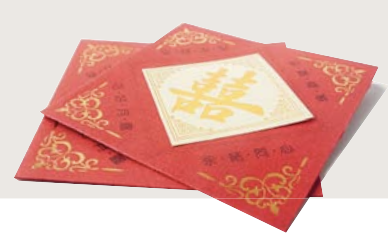 9 为什么过年有“送穷鬼”之说?
9 为什么过年有“送穷鬼”之说?
上古时期,宫中生下一个男孩,穿上新衣服就哭,如果硬将新衣服给他就会撕烂,人人叫他“穷子”。“穷子”死于正月晦日(正月三十),人们为他送葬时说:“今日送穷子也”。后来送穷变成初五,广东大部分地区把初三视为送穷日。当天会把屋内污秽杂物送到田野焚烧,同时点香为供,连说“穷鬼去,福星来”。当天,民间最忌探访亲友。随着社会发展,潮州人的送穷活动已销声匿迹。此日也出门探访亲友,互相道贺。
10 为什么筷子不可插在饭上?
在餐桌上不用筷子的时候,可放在桌上。将筷子插在饭上,是给往生者上香时才做的事。和长辈同桌吃饭时,也以年长者为尊,请长辈先夹菜。用餐时大家互相尊重,互相礼让,在愉快的气氛下进餐。
Learn these 10 Teochew customs
Find out the origins of wedding and Chinese New Year customs, as explained in the Teochew Traditions handbook from the Teochew Federation (Singapore)
Translation: Hong Xinyi Images: iStock
1 Why is pork part of the betrothal gift?
In the past, it symbolised gratitude to the bride’s family for bringing her up, and also the hope that her husband’s family would treasure her. In modern times, raw pork has been replaced by canned pig trotters.
2 Why do Teochew men fetch their brides at the break of dawn?
In the past, it was taboo for the wedding party to run into a funeral procession. But there’s no longer such thinking in Singapore today, as most funeral processions happen in the afternoon.
3 Why must a Teochew wedding ceremony be completed before 9am?
The hours of 9am to 11am are known as the si period in the 12 divisions of a day. In the old days, it was believed that marrying off a daughter during this period would rid the maternal family of all luck and fortune.
4 Why are dried longans placed in the bridal chamber?
A dish is filled with 12 dried longans, 12 red dates, 12 lotus seeds and a pair of tangerines. Each newlywed has to eat one each of the first three items per day, in the hope of conceiving soon.
5 Why do some mothers-in-law press lightly on the bride’s head as they sip the tea offered to them at the tea ceremony?
In the past, some mothers-in-law did this to assert their standing in the family. Mothers-in-law have changed with the times. This gesture, if still practised, is now seen as a form of blessing.
6 Why do married daughters visit their maternal home on the first day of Chinese New Year?
On this day, a married daughter does this with her husband and children to visit her parents as an act of filial piety. On New Year’s Eve, a married daughter has her reunion dinner with her husband’s family, not with her parents.
7 Why do Teochews bring tangerines when they visit others during Chinese New Year?
According to folklore, just before Chinese New Year, a village in Chaozhou had an outbreak of dry mouth syndrome. A young lady had a dream in which an immortal told her to eat tangerines. When she woke up, she and her mother tried the suggestion and were cured, so they told all the villagers to do the same. This was how Teochew tangerines became lucky charms. In another version of the practice’s origin, Guangdong and Fujian in southern China produced only tangerines due to geographical and climate reasons, so they were used for New Year visits.
8 What is the significance of the seven-ingredient soup?
The dish usually contains celery, scallion, garlic, mustard green, leaf mustard, coriander and chard. The names of these vegetables sound similar to diligence, intelligence, financial acumen, prosperity, wealth, luck and good fortune. Chive, which sounds like “everlasting” in Teochew, can also be included.
9 How did the custom of “seeing off the poor ghosts” originate?
In ancient times, a boy born in the imperial court bawled whenever new clothes were put on him and he would tear them off. Everyone called him Poor Kid. He later died on the 30th day of the first month of the lunar calendar, and at his funeral people said: “Today we send off the Poor Kid!” With time, this day was commemorated on the fifth day of the month, while in many parts of Guangdong, it was marked on the third day of the month.
10 Why are chopsticks not to be stuck upright in a bowl of rice?
There are some taboos with regard to the use of chopsticks — they should not be stuck upright in rice as this is similar to how incense is offered to the deceased.

